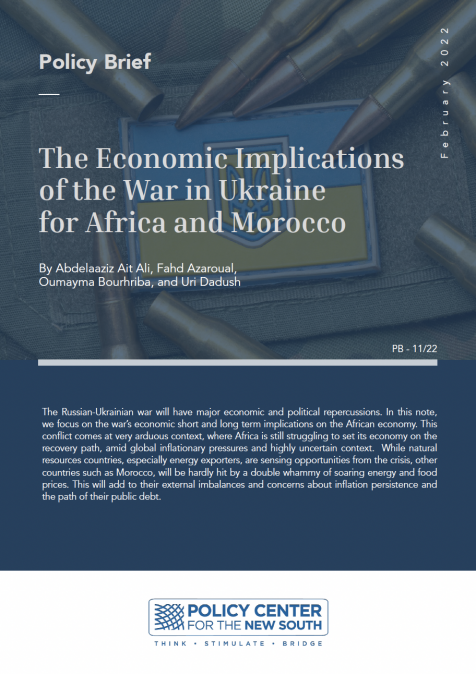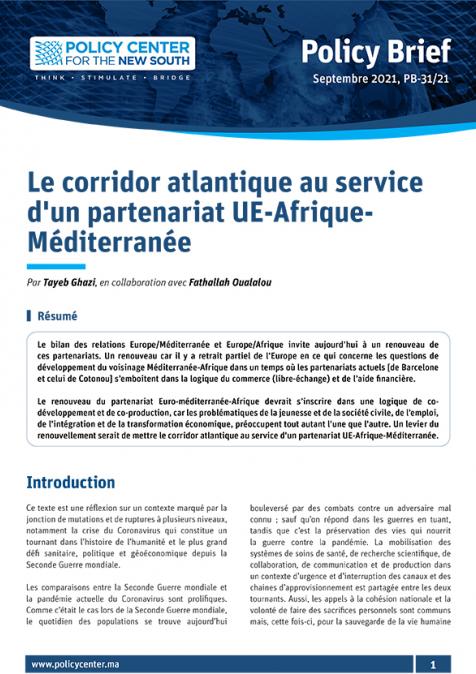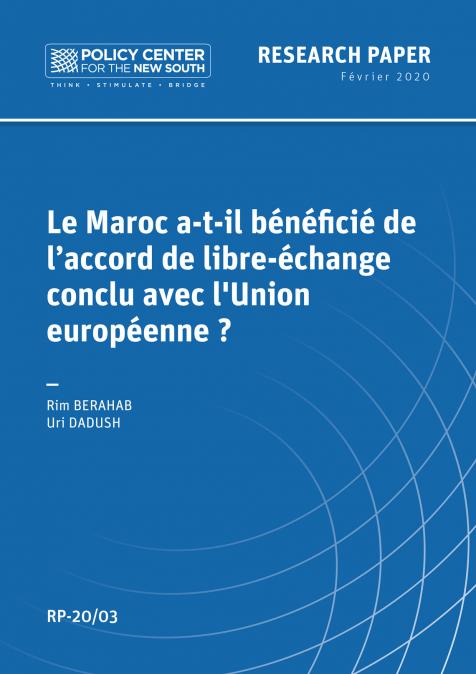Publications /
Opinion
Historians often offer different interpretations of the events that have shaped our destiny, yet, with respect to World War 2, the bloodiest conflict in history, they seem to concur on two points. First, that those yearning for peace underestimated the National Socialists’ determination to wage a war of conquest until it was far too late to deter them, and, second, that Nazi Germany failed to anticipate that Britain, the United States, and the Soviet Union – each of which it provoked - would eventually combine and exercise overwhelming power to destroy it. These combined errors help account both for the breakout of the war and its subsequent murderous intensity. Fortunately, trade wars do not kill people, but the consequences for the living standards of the world’s citizens could turn out to be disastrous. Moreover, as the great tariff conflicts between the United States, Europe and China escalate, similar errors are being repeated today as happened in the run-up to World War 2.
Here are the dangerous illusions that could send the world economy hurtling over a cliff.
President Trump is a Free Trader aiming only to get America a better deal.
This view has become quite common among Trump supporters, which are now dominant in the Republican Party. In recent weeks, I have heard or read the likes of economists Arthur Laffer and Larry Kudlow (a free trader who is the President’s Head of the National Economic Council) promote this view. In a recent op-ed, even Professor Martin Feldstein of Harvard, a dean among policy analysts, has held out the possibility that in his dealings with China, Trump’s tariffs are only a ploy to get it to reform. But Trump is not a free trader. He is the only President in memory who rode to power on an explicit protectionist platform. He has invoked national security to impose steel tariffs against the United States’ closest allies and threatens the same on automobiles. He has shown little regard for WTO law and appointed a trade troika around himself (Wilbur Ross, Robert Lighthizer and Peter Navarro) with a long record of protectionist positions. The belief that Trump is only posturing is dangerous because it gives Trump wide berth to execute his agenda. To those who still give Trump’s anti-trade policies the benefit of the doubt, including some eminent economists, I humbly submit that if it walks like a duck, sounds like a duck, and looks like a duck, then it probably is a duck.
President Trump can be appeased.
President Macron tried charm and flattery on Trump without success. The Chinese sent their highest economic official to offer contracts and reforms to no avail. The German ambassador to the United States has communicated an offer by German industrialists to support scrapping the EU’s car tariffs, so far with the same result. No doubt, each of these officials hoped to return home to brandish a piece of paper and announce that it is “peace for out time,” but the actual effect of these initiatives, laudable as the intentions are, is to reinforce Trump’s conviction that he has the upper hand. Another form of Trump appeasement is the view, most often heard in Europe, that – instead of fighting each other – the Americans, Europeans and Japanese should form an alliance against China to force it to change its ways. True, there are joint concerns about China and some are well-based. Also, coordinated international pressure on China has helped in the past, most spectacularly by encouraging China to rely less on its unhealthy export-driven growth, eventually bringing China’s current account surplus down to near zero. However, this time, it is not even clear what Trump wants from China. His demand that the US bilateral trade deficit with China be cut by $200 billion is ridiculous and outside the power of Chinese authorities to deliver, even if they wanted to. Trump’s imperious demands sound like a phony ultimatum that is the pretext to fight. That is not the way the Europeans and the Japanese should play the game.
In a trade war, the United States win easily.
This view, held by Trump himself and by some of his trade advisors, is based on the most simplistic of arguments, i.e. that the U.S. has the largest domestic market and the biggest trade deficit and so has the least to lose from a trade war. At worst, a trade war will result in a smaller trade deficit, in fact, zero, if all trade stops. This view is mistaken on three planes: first, it ignores the gains from trade, which accrue to both sides. In political terms, this means that the biggest losers from U.S. tariffs are U.S. consumers and firms reliant on global supply chains – so the Trump administration is fighting its own citizens; second, other countries, even those far smaller than the United States, have their own political constituencies to answer to who do not take kindly to the bullying and threats to their livelihoods; third, countries can form alliances that respond in unison, with all the United States’ major trading partners announcing retaliation.
The United States is important, but in 2016 it represented only 11% of world merchandise trade, compared to China’s 12% and the European Union’s 15%. The latter figure does not include intra-EU trade, which is approximately twice as large as the EU’s trade with the rest of the world.
A trade war is likely to have limited consequences.
This view, held by many economists and, on most days, by Wall Street, is a clear sign of denial. It is also the result of faulty methodologies. In the standard models used to analyze the effect of trade restrictions, changes are assumed to occur at the margin. Thus, simulations will examine a 20% hike in tariffs on a limited subset of products, such as steel, aluminum, solar panels, and washing machines – products on which the US has imposed tariffs. Inevitably, these exercises yield “small” effects, smaller than 0.1% of GDP in a large economy such as the United States. Yet, in a real trade war, not only would the range of products, services and investment affected be much wider, and the computed effects correspondingly larger, but also, and more importantly, global supply and production chains would break down. In that case, the models – which are based on historical relationships - can no longer be used as a reliable depiction of reality. In a real trade war, trade in parts and raw materials would be severely affected, and it would become impossible to economically or physically produce many items. Unemployment would soar until the economy adjusts to a vastly different configuration of prices, which could take many years. The new steady state would be characterized by a large decline in economy-wide productivity, living standards and growth rates. Trying to quantify these non-marginal effects quickly takes one into a modeling fairyland. What is the effect on economic activity of the breakdown of the rule of law in international trade? Can a modern economy function with laws applied within its borders but not outside it?
To preserve the trading system, it is time that all involved dispel their dangerous illusions. In the words of a great Italian novel “For everything to stay the same, everything must change.” Ideally, President Trump should accept that trade wars cannot be won and rethink his stance, but this is unlikely to happen. Americans and their trading partners should recognize that President Trump’s agenda is protection and isolation and that he will not be appeased. To deter him from his foolish course, he must be resisted, which is precisely what the United States’ trading partners are doing by retaliating. Unfortunately, many in the Republican party in addition to certain American CEOs - who are opposed to his trade policy - remain timid, or, more accurately, cowed. The casualty rates in terms of lost jobs and foregone income will be higher than anyone expects.









